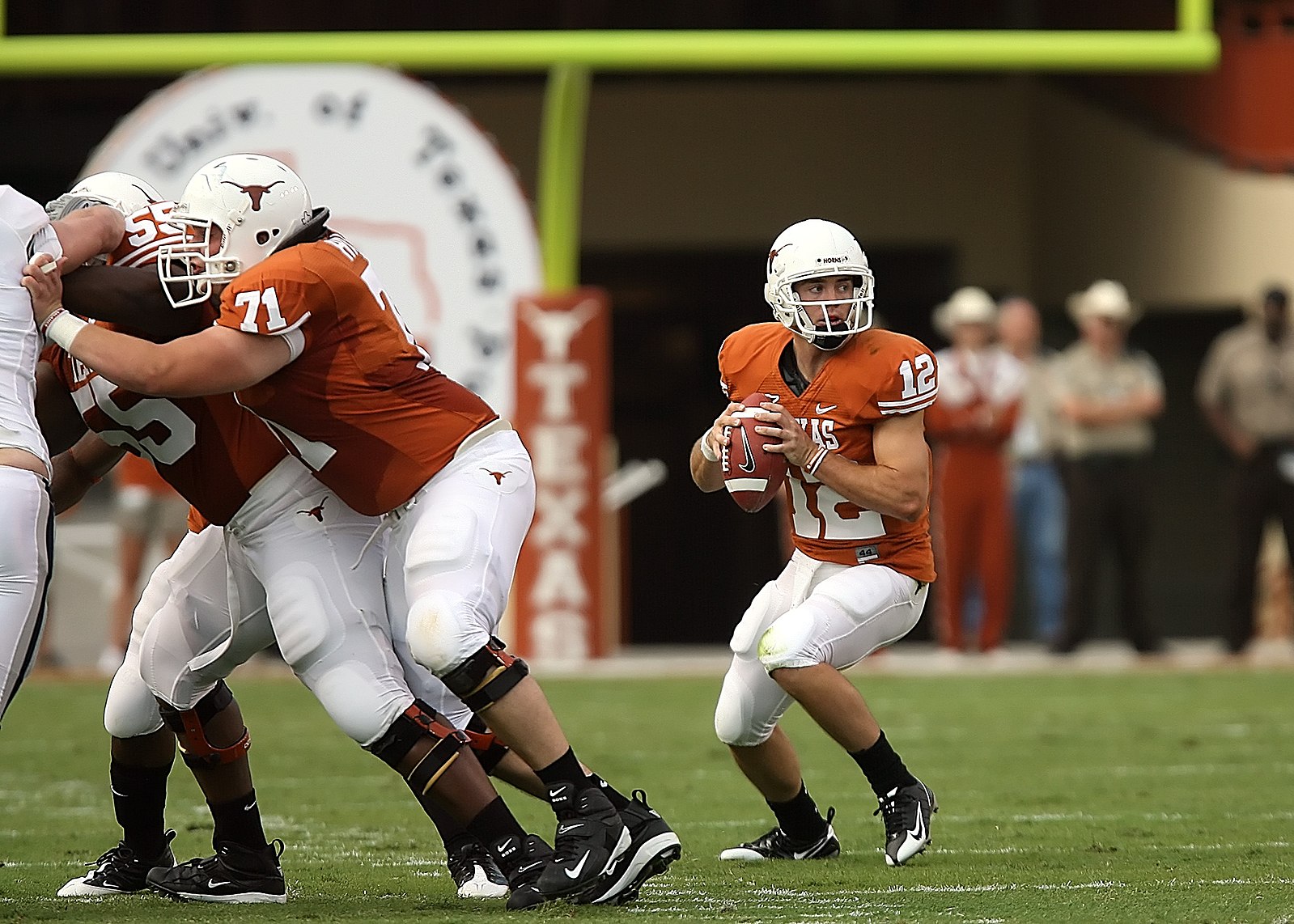
Holden Hopkins is a student at Harvard Law School.
In today’s News & Commentary, the NCAA and college athletes seek approval of a settlement on pay, DC announces historic workers’ rights enforcement action, and the Third Circuit upholds a New Jersey temporary worker law.
As Otto reported in May, college athletes and the NCAA reached a settlement allowing for revenue sharing in an attempt to resolve three pending antitrust lawsuits brought by the players against the Association. Attorneys for the plaintiff athletes have now filed for preliminary approval of the $2.8 billion deal, which would see hundreds of thousands of athletes across a variety of sports recover. Final approval is anticipated to come in early 2025.
However, as Bloomberg notes, this preliminary deal features a notable gender pay disparity. Under the terms, men’s football and basketball players would each receive $135,000, while women’s basketball players would only recover $35,000 on average. The fact that these terms come now, after the most recent March Madness in which the women’s games far outshone the men’s—at least in terms of viewership—highlights the potential inequity.
Jeffrey Kessler, lead attorney for the athletes, says the disparity is based on the fact that the settlement focuses on past revenue generations. “Unfortunately, women’s sports revenues were very low in the past,” Kessler states. He anticipates that schools will also devote more resources to women’s sports moving forward in order to avoid lawsuits under Title IX, which prevents discrimination between men’s and women’s sports.
The Office of DC Attorney General Brian Schwalb announced this morning that they had secured a $3.75 million recovery against Power Design, a construction firm, for misclassification of workers as independent contractors by the firm’s subcontractors. This settlement represents the largest workers’ rights enforcement action in the District’s history. Power Design has worked on more than 200 projects across DC, and hundreds of construction workers are anticipated to receive restitution as a part of the settlement. The full terms of the settlement also institute a three year compliance monitoring period and mandate that the firm reform its subcontracting processes, among other requirements.
Last Wednesday, the Third Circuit upheld New Jersey’s “Temporary Workers’ Bill of Rights”, affirming a lower court’s denial of a preliminary injunction. That law includes a number of protections for temporary workers, including requirements that they be given the same compensation and benefits as full-time employees. A coalition of staffing agency industry groups argued that the law was unconstitutional as a violation of the dormant Commerce Clause. The Court rejected this claim, holding that the law did not favor in-state over out-of-state commerce and that any economic impacts of the law are incidental to its goal of creating consistency between full-time and temporary workers.
Other challenges to the law still remain, however. The same industry groups have another pending suit alleging that the benefits portion of the law is preempted under ERISA. A motion to enjoin those benefits provisions is currently pending.






Daily News & Commentary
Start your day with our roundup of the latest labor developments. See all
February 2
Amazon announces layoffs; Trump picks BLS commissioner; DOL authorizes supplemental H-2B visas.
February 1
The moratorium blocking the Trump Administration from implementing Reductions in Force (RIFs) against federal workers expires, and workers throughout the country protest to defund ICE.
January 30
Multiple unions endorse a national general strike, and tech companies spend millions on ad campaigns for data centers.
January 29
Texas pauses H-1B hiring; NLRB General Counsel announces new procedures and priorities; Fourth Circuit rejects a teacher's challenge to pronoun policies.
January 28
Over 15,000 New York City nurses continue to strike with support from Mayor Mamdani; a judge grants a preliminary injunction that prevents DHS from ending family reunification parole programs for thousands of family members of U.S. citizens and green-card holders; and decisions in SDNY address whether employees may receive accommodations for telework due to potential exposure to COVID-19 when essential functions cannot be completed at home.
January 27
NYC's new delivery-app tipping law takes effect; 31,000 Kaiser Permanente nurses and healthcare workers go on strike; the NJ Appellate Division revives Atlantic City casino workers’ lawsuit challenging the state’s casino smoking exemption.